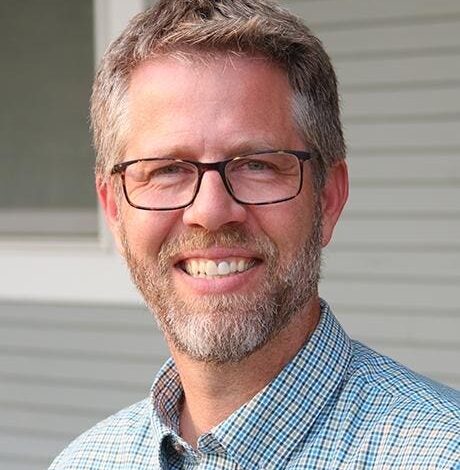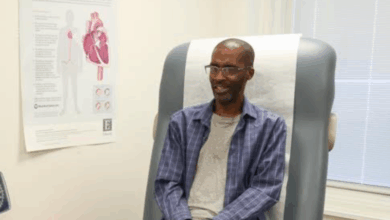An Expert’s Take On The Crisis Narrative Within College Mental Health

Addressing the Crisis Narrative in College Mental Health
Photo of Ben Locke, used with permission
Ben Locke
College mental health has been a topic of concern in recent years, with many describing it as being in a state of crisis. However, Dr. Ben Locke, a renowned psychologist with expertise in this field, argues that the crisis narrative may not be the most helpful approach. As the Chief Clinical Officer for Togetherall, a global online peer support service, Locke emphasizes the need for a more proactive and community-based response to mental health concerns on college campuses.
Understanding the Crisis Narrative
According to Locke, the crisis narrative surrounding mental health has evolved over the past two decades, painting a picture of a global crisis in mental health. While acknowledging the rise in mental health concerns, Locke cautions against using fear-based language that may discourage individuals from seeking help. The pressure created by this narrative can affect not only students but also faculty, staff, and parents, leading to a sense of inadequacy and overwhelm.
Factors Contributing to the Crisis Narrative
Locke identifies several factors that have contributed to the development of the crisis narrative, including well-intentioned advocacy efforts, the influence of mental health industries, and the sensationalism of media outlets. These ingredients have shaped a narrative that may not accurately reflect the diverse experiences of individuals dealing with mental health challenges.
Responding to the Crisis Narrative
In order to combat the crisis narrative, Locke suggests a multi-faceted approach that includes assessing the availability of clinical resources on campus, providing education on mental health literacy, and promoting peer support as a valuable resource. Togetherall, the platform Locke is involved with, offers a unique blend of peer support and clinical oversight, allowing students to connect with a global community while receiving monitored support.
By shifting the focus from individual clinical interventions to a more community-based approach, Locke believes that colleges and universities can better address the mental health needs of their students. By recognizing that mental health is a shared responsibility, involving not just clinicians but also peers and educators, campuses can create a more supportive and inclusive environment for all members of the community.




